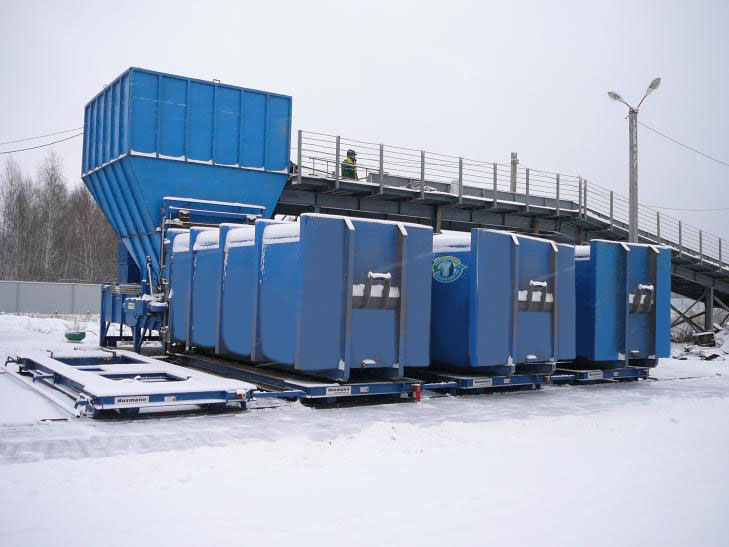
Industrial waste management equipment: optimization of waste management and recycling in industrial settings
Manufacturing produces a significant amount of waste and recyclable materials, presenting businesses with the challenge of managing and disposing of these resources effectively and responsibly. Industrial waste management equipment, including waste compactors, balers and waste treatment equipment, plays a critical role in optimizing waste management processes, reducing waste volume and promoting sustainability. In this article, we'll take a closer look at the features, benefits, and applications of these essential tools for industrial waste management.
1. Waste compactors:
Waste compactors are machines designed to compress various types of solid waste into smaller, denser packages for easier storage, transportation and disposal. Key characteristics and applications of waste compactors include:
- Volume Reduction: Waste compactors significantly reduce the volume of bulky waste such as cardboard, plastics and packaging materials, minimizing the space required for storage and transportation.
- Efficiency and Cost Savings: By compacting waste into dense bales or blocks, waste compactors reduce the frequency of waste pickup and disposal, resulting in savings in waste disposal costs.
- Environmental Benefits: Compact waste disposal reduces the environmental impact of waste transportation and disposal, reducing carbon emissions and landfill space requirements, and promoting sustainability.
2. Balers:
Balers are machines designed to compress and bind recyclable materials such as cardboard, paper, plastic bottles and aluminum cans into compact bales for recycling. Key features and benefits of balers include:
- Material Recycling: Balers enable businesses to efficiently collect and process recyclable materials, diverting waste from landfills and promoting resource conservation and environmental sustainability.
- Optimizing Space: By compacting recyclable materials into dense bales, balers reduce storage space requirements and facilitate efficient handling and transportation to recycling facilities.
- Income Generation: Some businesses can generate income by selling compacted bales of recyclable materials to recycling companies, offsetting waste disposal costs and generating additional income.
3. Recycling Equipment:
Recycling equipment includes a wide range of equipment and systems designed to handle, sort and recycle various types of materials, including plastics, metals, glass and electronic waste (e-waste). Key components and applications of recycling equipment include:
- Sorting Systems: Automated sorting systems use sensors, conveyors, and optical scanners to separate different types of recyclable materials based on their composition, size, and properties.
- Shredders and Granulators: Shredders and granulators are used to grind and reduce the size of recyclable materials such as plastics, metals and wood, preparing them for further processing.
- Magnetic Separators and Eddy Current Separators: These types of equipment are used to remove ferrous and non-ferrous metals from mixed recyclable materials, ensuring the purity and quality of the recycled materials.
Conclusion:
Industrial waste management equipment including waste compactors, balers and waste treatment equipment play a vital role in optimizing waste management processes, reducing waste volume and promoting recycling and sustainability in industrial conditions. By investing in advanced waste management technologies and adopting recycling practices, businesses can minimize their environmental impact, reduce waste disposal costs and contribute to a cleaner, greener future. As environmental regulations and sustainability initiatives continue to evolve, implementing efficient waste management equipment will become increasingly important for businesses looking to improve their environmental stewardship and corporate responsibility efforts.






